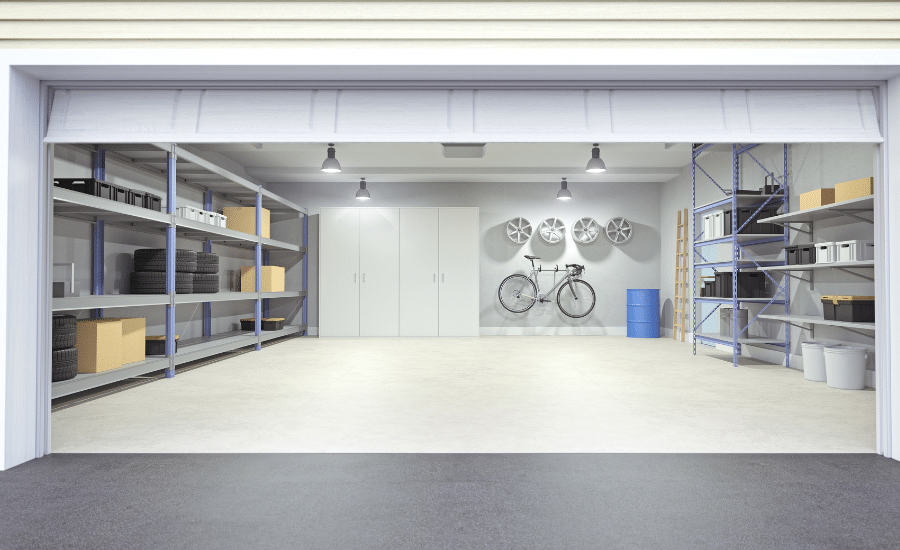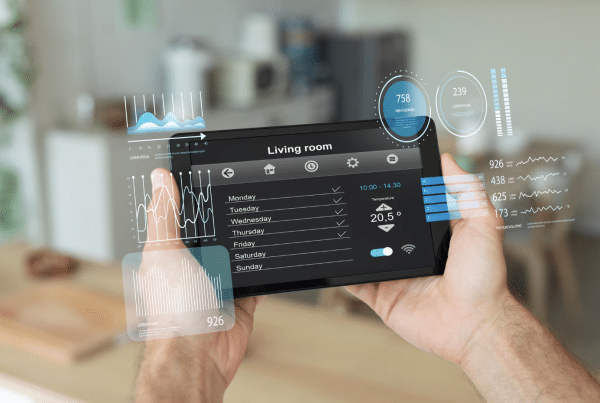A garage door is more than just an entry point to your home; it’s a key component of your house’s functionality and security. However, like any frequently used device, it’s prone to wear and tear. Homeowners often encounter various issues with their garage doors, ranging from minor annoyances to major inconveniences. In this article, we will delve into the most common garage door repair issues and provide practical advice on how to fix them. Whether you’re a DIY enthusiast or just looking to understand what’s wrong with your door, this guide will help you keep your garage door in top working condition.
Identifying Common Garage Door Problems
Noisy Operation
One of the most noticeable signs of a garage door problem is unusual noise during operation. If your door is making squeaking or grinding sounds, it’s often an indication of dry or worn-out parts. These noises can usually be resolved through simple lubrication or part replacement.
Door Not Opening or Closing Properly
A garage door that won’t open or close properly can be frustrating. This issue is often due to misaligned tracks or malfunctioning sensors. Misalignment can prevent smooth operation, while dirty or misaligned sensors can cause safety mechanisms to incorrectly engage, stopping the door from moving.
Broken Springs
Garage doors rely on springs to operate efficiently. Over time, these springs can wear out or break, resulting in a door that won’t open or close. It’s important to recognize this issue, as attempting to repair springs yourself can be dangerous due to the high tension they are under.
DIY Fixes for Simple Garage Door Problems
Lubricating Moving Parts
Regular lubrication of your garage door’s moving parts, like hinges, rollers, and tracks, can prevent noise and extend the life of these components. Use a garage door-specific lubricant and apply it sparingly to these parts.
Tightening Loose Hardware
The continuous motion of opening and closing can loosen the hardware on your garage door. Periodically check and tighten any loose bolts and nuts, especially around the door’s tracks and roller brackets.
Aligning Sensors
If your garage door refuses to close, it might be due to misaligned safety sensors. Ensure that the sensors are facing each other, clean, and free from obstructions. Slight adjustments can often fix this issue.
When to Call a Professional
- Complex Mechanical Issues
Some garage door problems, like broken springs or severely bent tracks, are complex and can pose significant safety risks. In such cases, it’s best to call a professional garage door repair service. They have the necessary tools and expertise to safely and effectively resolve these issues.
- Safety Concerns
Your safety should always be a priority. If you’re unsure about a repair, or if it involves high-tension components like springs and cables, it’s advisable to seek professional help. Professionals can ensure repairs are done safely and correctly, reducing the risk of injury and further damage to your garage door.
Preventative Maintenance Tips
Regular Inspection and Maintenance
To prevent future garage door problems, regular inspection and maintenance are key. Check for wear and tear, lubricate moving parts regularly, and ensure that all components are tight and well-aligned. In the long term, this proactive strategy can save you money and time.
Recognizing Warning Signs
Be aware of early warning signs like unusual noises, sluggish movement, or slight misalignments. Addressing these issues promptly can prevent them from escalating into bigger, more costly problems.
Maintaining and repairing your garage door is essential for ensuring its longevity and smooth operation. While some issues can be easily fixed with DIY methods, others require professional attention. By understanding common problems, how to fix them, and when to call a professional, you can ensure that your garage door remains a reliable and safe component of your home.
Remember, regular maintenance is key to preventing issues and extending the life of your garage door. Stay vigilant for early signs of trouble and don’t hesitate to seek professional help for complex repairs.








